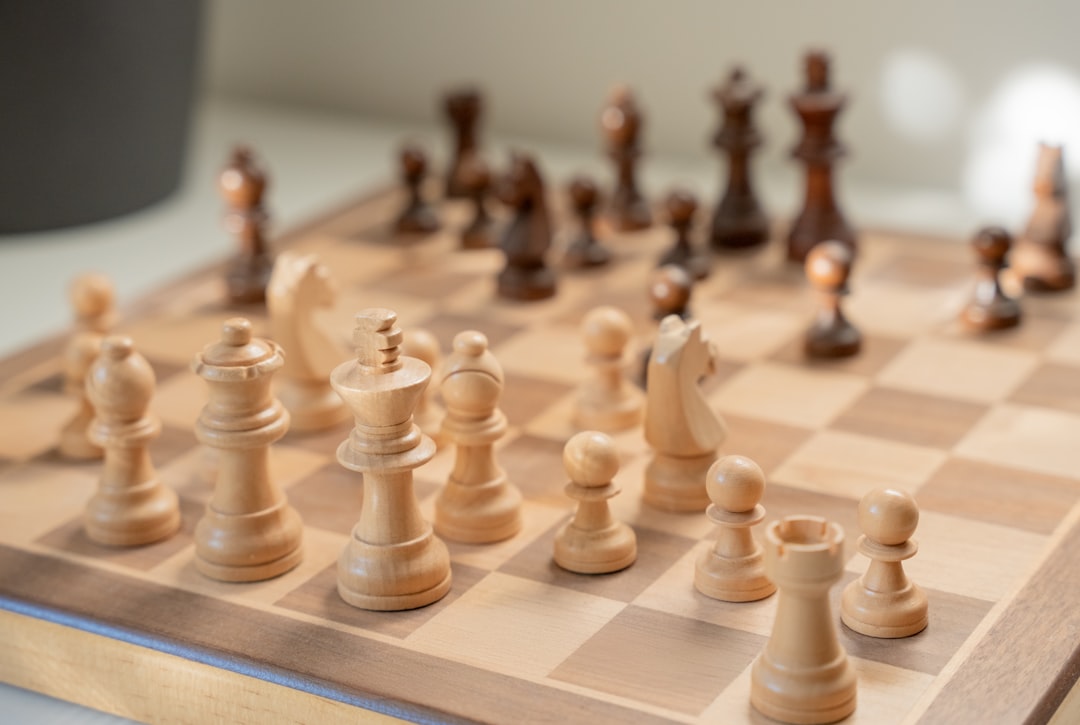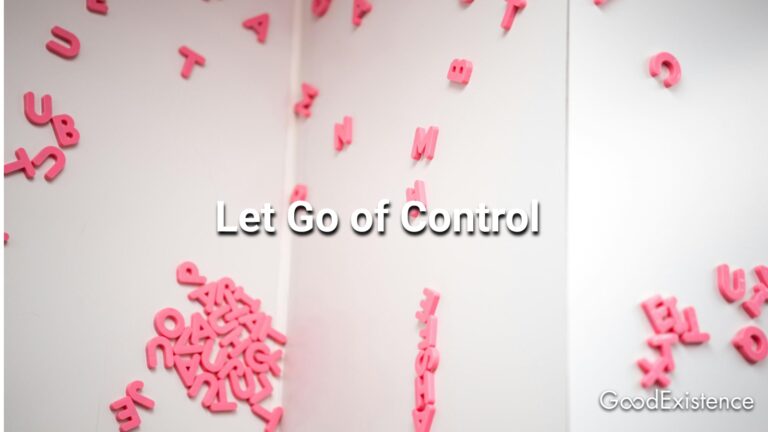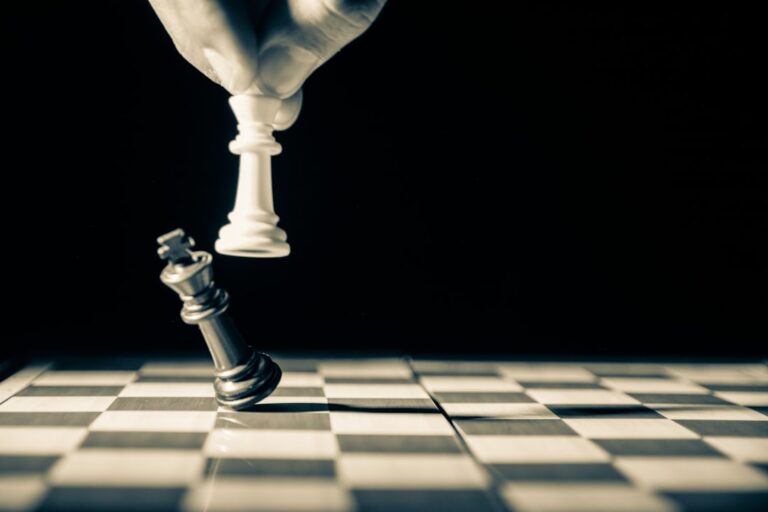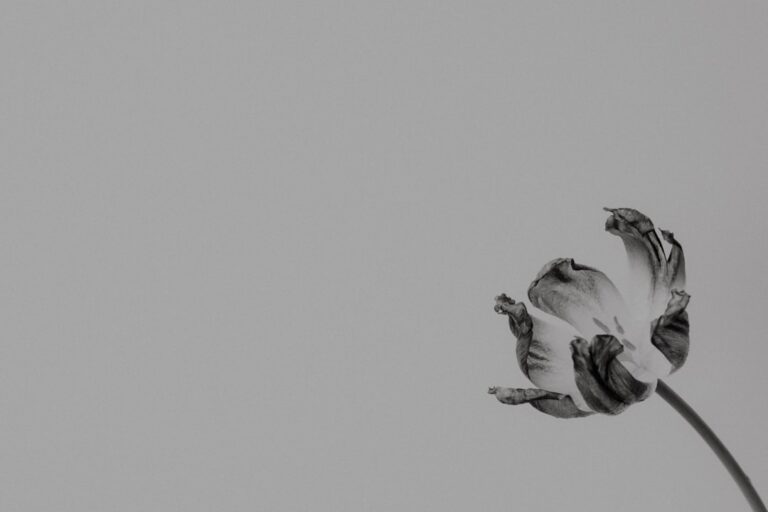
I used to live my life one frantic decision at a time.
It felt like I was constantly putting out fires. I’d react to hunger by binge eating. I’d react to boredom by gaming for hours. I’d react to stress with a drink or a smoke. My life wasn't something I was building. It was something that was happening to me. The idea of "strategic thinking" sounded like something for generals on a battlefield or CEOs in a boardroom not for a regular person like me.
But I was wrong. Strategic thinking is simply the skill of connecting your actions today to the future you want tomorrow. It’s about moving from reacting to life to intentionally directing it. It’s the difference between wandering through the woods and following a compass.
Know Your 'Why'
Before you can think strategically you need a destination. You need a North Star to guide your choices. Without a clear purpose every path looks the same. You'll just drift.
For me this foundation is my Orthodox Christian faith. It gives me a "why" that goes beyond just my own temporary wants. It helps me see a bigger picture and provides a moral and spiritual compass for my decisions. It’s the reason I wanted to stop destroying my body and start honoring the life God gave me.
Your "why" is your ultimate strategy. Once you have it the smaller steps become much clearer.
18 Ways to Build Your Strategic Muscle
Strategic thinking is a skill not a talent. You can build it with practice just like any other muscle. Here are some practical ways to start.
-
Ask "Why?" Five Times. When you face a problem don’t just treat the symptom. Ask "why" it's happening. Then ask "why" to that answer. Keep going. Usually by the fifth "why" you’ve uncovered the root cause. This is where real solutions live.
-
Zoom Out. In the middle of a stressful day it's easy to get lost in the details. Take a moment to mentally zoom out. How will this problem look in a week? A month? A year? This perspective shift helps separate real crises from minor annoyances.
-
Think Two Steps Ahead. Before making a choice ask yourself: "And then what happens?" Think about the likely consequence of your action and then the consequence of that consequence. This simple habit prevents a lot of future problems.
-
Identify the Real Problem. Sometimes what we think is the problem isn't the problem at all. I thought my problem was laziness. The real problem was a lack of clear goals and a fear of failure. Address the right problem.
-
Listen More Than You Talk. You can't gather intelligence while you're talking. When you’re with others listen to understand not just to reply. You’ll be amazed at what you learn when you truly hear what people are saying.
-
Learn from History (Yours and Others'). The past is a great teacher. Look back at your own mistakes. Why did they happen? What patterns do you see? Read about the lives of others. Success and failure both leave clues.
-
Read Outside Your Niche. If you only read about your hobbies or work your thinking will become narrow. Pick up a book on a totally unrelated subject. It builds new connections in your brain and gives you fresh ideas.
-
Talk to People Different From You. Spend time with people who have different backgrounds beliefs and experiences. It challenges your assumptions and shows you there's more than one way to see the world.
-
Look for Patterns. Life isn't random. Start noticing the patterns in your own behavior in your relationships and in the world around you. Connecting the dots is a core part of strategic thinking.
-
Know Your Strengths and Weaknesses. Be brutally honest with yourself. Where do you excel? Where do you struggle? A good strategy plays to your strengths and finds ways to support your weaknesses.
-
Understand Your Resources. Your resources aren't just money. They include your time your energy your skills and your relationships. A smart plan makes the most of what you have.
-
Set Clear Simple Goals. Vague goals like "get healthy" are impossible to act on. A strategic goal is specific: "Walk for 20 minutes three times this week."
-
Break Big Goals into Small Steps. A huge goal is intimidating. A tiny first step is easy. Want to write a book? The first step is to write one sentence. This makes progress feel possible.
-
Prepare for Obstacles. Things will go wrong. That’s a guarantee. A strategic thinker doesn’t hope for the best. They plan for the worst. What could derail your plan? What’s your backup?
-
Test Your Ideas on a Small Scale. Instead of going all-in on a big new plan try a small experiment first. See how it works. This reduces risk and helps you learn quickly.
-
Regularly Review Your Progress. Once a week or once a month take time to review your plan. Is it working? What needs to change? A strategy isn't set in stone. It's a living document.
-
Celebrate Small Wins. This is huge. When I started my health journey I celebrated losing the first pound. It wasn't about the pound. It was about proving to myself that change was possible. Small wins build the momentum you need for the long haul.
-
Rest and Recharge. You can't think clearly when you're exhausted. A tired mind is reactive not strategic. Protect your sleep. Take time for rest and prayer. A rested mind is your greatest strategic asset.
How Strategy Helped Me Lose 110 Pounds
For years I thought my weight problem was a simple issue of willpower. I would try to force myself to eat less and fail every time. It was a cycle of shame and frustration.
The change happened when I stopped trying to win a battle of willpower and started using a strategy.
My goal wasn't just "lose weight." My strategic objective was to build a healthy sustainable life that honored God.
My plan involved several small tactical steps:
- I identified my triggers. I realized I binged when I was stressed or bored. So my strategy wasn't just about food. It was about finding better ways to handle stress like going for a walk or spending a few minutes in prayer.
- I planned ahead. Instead of waiting until I was starving to decide what to eat I planned my meals for the next day. This one move removed hundreds of bad reactive decisions.
- I focused on adding not just subtracting. Instead of obsessing over what I couldn't eat I focused on adding healthy things like more water and more vegetables.
- I gave myself grace. I knew I would have bad days. My strategy included a plan for what to do after a slip-up: Don't quit. Just get back on track with the next meal. No guilt. No drama.
Losing over 110 pounds (more than 50 kilograms) wasn't a miracle. It was the result of a simple strategy applied consistently over time. It was about making small intentional choices every day that were connected to a bigger purpose.
You don't need a fancy degree to think strategically. You just need to be intentional. You need to pause before you react and ask yourself if your next action is moving you closer to or further from the life you truly want to build.
So I’ll ask you: What is one small strategic step you can take today to move closer to the life you want to build?





